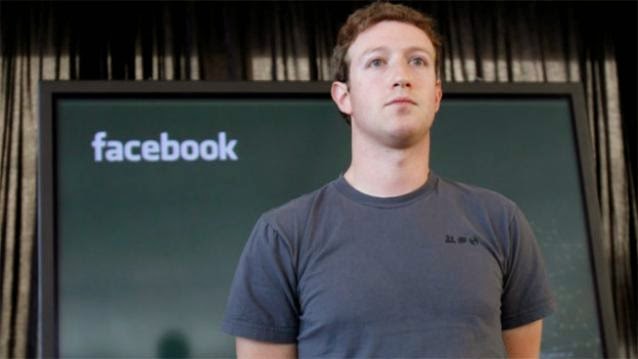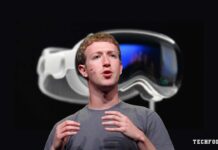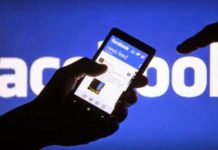“When 2.5 billion people still survive on less than $2 a day, it’ll be a long time before everybody will be able to afford Internet access,” admitted Mark Zuckerberg – founder and CEO of the world’s largest social network, when addressing a group of journalists in India for the first internet.org summit.
India has over 600,000 villages with no Internet infrastructure. But for a country that is struggling with issues such as lack of education, infrastructure, food, water and sanitation, not being able to open a web page hardly seems like one of its jarring problems at the moment. Why then has the Facebook founder shown interest in India and has even decided to meet the PM to get more Internet adopters in the country? What promise could a country with limited Internet infrastructure have for Facebook?
But Zuckerberg is not here to promote Facebook – at least not right away. It’s the promise of the PM’s Digital India programme that has enticed the young tycoon to discover opportunities to get more Indians online. Though they are looking at different outcomes, the challenge is the same. While PM Narendra Modi wants to make information accessible to the remotest parts of the country, Zuckerberg stands to benefit greatly if there are more users online.
It’s no secret that developing countries such as India are a huge market for Facebook with over 100 million users in India alone. Also, 74% of these users access the social networking site from their mobile devices. The Californian-based firm is aiming for 1 billion users, which is possible by tapping into the market that has no Internet access readily available.
In his address, Zuckerberg pointed out “We’ve found that in many developing countries, people typically want to use a phone to make calls and send texts. The third most important thing for them after that is Facebook.”
So should the there be easy access to the Internet, Facebook will be the first website to be accessed by Internet newbies – at least that’s what Facebook hopes for.
Though not completely altruistic, Facebook’s initiative of getting more users online will help deliver much more than just the ability to ‘poke’ or ‘like’. While not having access to Internet might seem trivial in comparison with bigger third world problems, it does help improve lives and “That’s what counts as progress”, he says.
He gave an example about one of Facebook’s free-internet initiatives in Zambia, where pregnant women use the free Net services to learn about how to take better care of themselves and the children they’re carrying.
“There’s no getting away from the numbers. You can transform millions of lives at one go, that’s an exciting opportunity. But it’s not just the quantity but quality of people. India is forward-looking when it comes to embracing education, science and research and technology. Some of the best engineers in the world come out of here. And you think about all the potential that may be going waste because people aren’t connected,” Zuckerberg said in The Times of India.
“I could start Facebook out of a dorm in Harvard because connectivity wasn’t an issue. When a billion people are offline, the world is being robbed of their creativity and ideas. When you hook them up to the net, you don’t just change lives, you help improve the world too. India is an amazing country with unlimited potential and big ambitions. You are used to transforming lives through revolutions. Through the Green Revolution, you rescued millions from hunger. The telecom revolution has been a huge boon for India. The Mars mission was a truly impressive scientific feat. India is the only country to get to Mars on the first shot,” he further added.
Facebook, along with a number of tech firms including Samsung and Nokia, have been working on Internet.org which aims to provide free Internet access to the those who can’t afford expensive data charges. In addition, Facebook is said to be working on developing Internet-beaming drones with an aim of bringing two-thirds of the global population online.







![How To Delete Facebook Account [Permanently] How-To-Delete-Facebook-Account-[Permanently]](https://www.techfoogle.com/wp-content/uploads/2021/12/How-To-Delete-Facebook-Account-Permanently-218x150.jpg)





